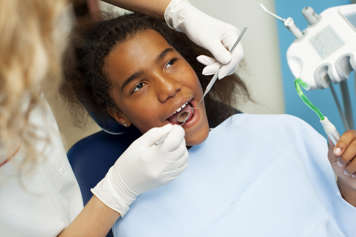
Teeth and gums
Regular dental check-ups are important to detect and prevent any mouth and gum infections.
It is best to wait about six months after transplant before having your first cleaning. From then on, you should visit your dentist for check-up every six to nine months. Write the dates in the long or short version of your health journal to help you keep track.
Some medications that lower your blood pressure (amlodipine) and some anti-rejection medications (cyclosporine) can also cause your gums to get bigger. Your dentist will want to monitor this closely.
Eyes
If you are on prednisone, long-term use can cause cataracts in your eyes. Regular check-ups with an ophthalmologist (eye doctor) will look for any signs of cataracts and help keep your eyes healthy.
Make sure you see an ophthalmologist once a year – keep track of the dates in your journal. Even if you are not on prednisone, it is recommended that you have your eyes checked yearly.
Bones
Prednisone also causes you to lose calcium from your body, which can weaken your bones. Taking calcium and vitamin D supplements as prescribed by your transplant team is important. Exercise is also very important in maintaining strong and healthy bones.
Your transplant team may order a bone density scan to check how strong your bones are. This is like an x-ray.

Skin
Transplant patients have a higher risk of developing skin cancer. Always use the right sunscreen to protect your skin from the sun.
Regular skin checks are also vital in keeping you healthy after transplant. Check for any unusual changes in your skin with each change of season and note these in your journal to discuss with your transplant team.If you develop acne, clean the area every day with a medicated anti-acne cleanser. If this does not clear your acne, talk to your transplant team about prescribing a stronger medicine to clear it. Whichever medicine you use, make sure you use it exactly how you are instructed so that it has the best chance to help your skin.
Possible cancer risks
After your transplant surgery, it will be important to have routine screening for different types of cancers. This will detect any changes in your body that could lead to cancer and prevent those changes from progressing.
If you are female, have a Pap smear test and an annual pelvic exam to detect any abnormal cells once you become sexually active. Also, if you did not receive the HPV vaccine before your transplant, arrange to have it six months after transplant.
Talk to your family doctor to learn if you have any risk factors for breast cancer and whether you should have additional or regular screening.






